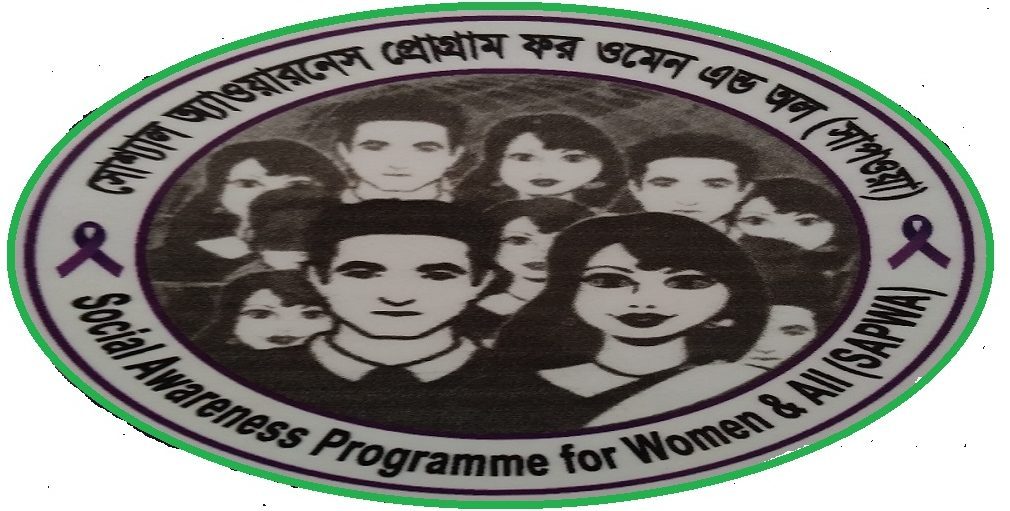Food Adulteration and Human Health Hazard perspective
Prof. Dr. Lokman Hossain, Ex. DG of NAEM, MoE, GoB
Food adulteration has become a serious public health concern in Bangladesh, posing significant threats to human health and well-being. Adulteration refers to the deliberate contamination or addition of harmful substances to food items to increase profit, extend shelf life, or enhance appearance, often at the expense of consumer safety. In Bangladesh, this malpractice is rampant in daily essentials, including milk, edible oil, fish, fruits, vegetables, and sweetmeats. Harmful chemicals such as formalin, calcium carbide, textile dyes, brick dust, and urea are frequently used to artificially preserve or ripen food. Consumption of such adulterated food leads to acute and chronic health problems, including food poisoning, diarrhea, kidney damage, liver failure, cancer, and disruption of the nervous and reproductive systems. Pregnant women and children are particularly vulnerable, as exposure to toxic chemicals can cause birth defects, stunted growth, and weakened immunity. Beyond health risks, adulteration erodes consumer trust, damages the reputation of local food markets, and places additional pressure on the healthcare system. The problem persists due to weak enforcement of food safety laws, inadequate monitoring, corruption, and lack of awareness among both traders and consumers. Although the Bangladesh Food Safety Authority (BFSA) and other agencies are working to regulate food safety, their efforts often face challenges in implementation. Raising public awareness, strengthening legal frameworks, introducing modern testing technologies, and ensuring strict punishment for offenders are essential to address this crisis. Without urgent and coordinated action, food adulteration will continue to be a major hazard to public health and sustainable development in Bangladesh. Thanks for careful reading.
